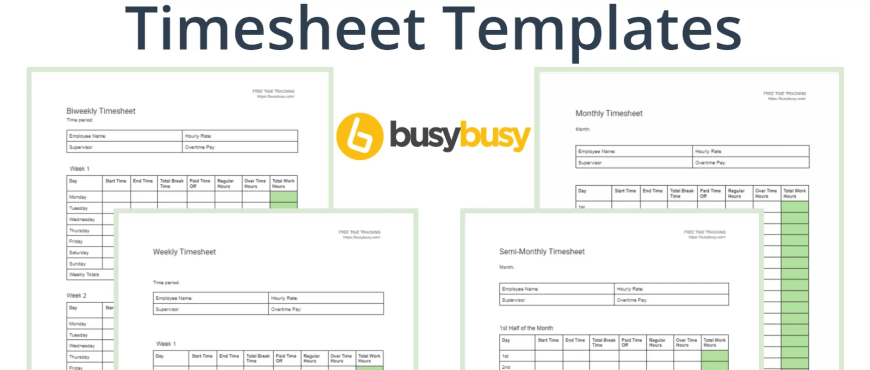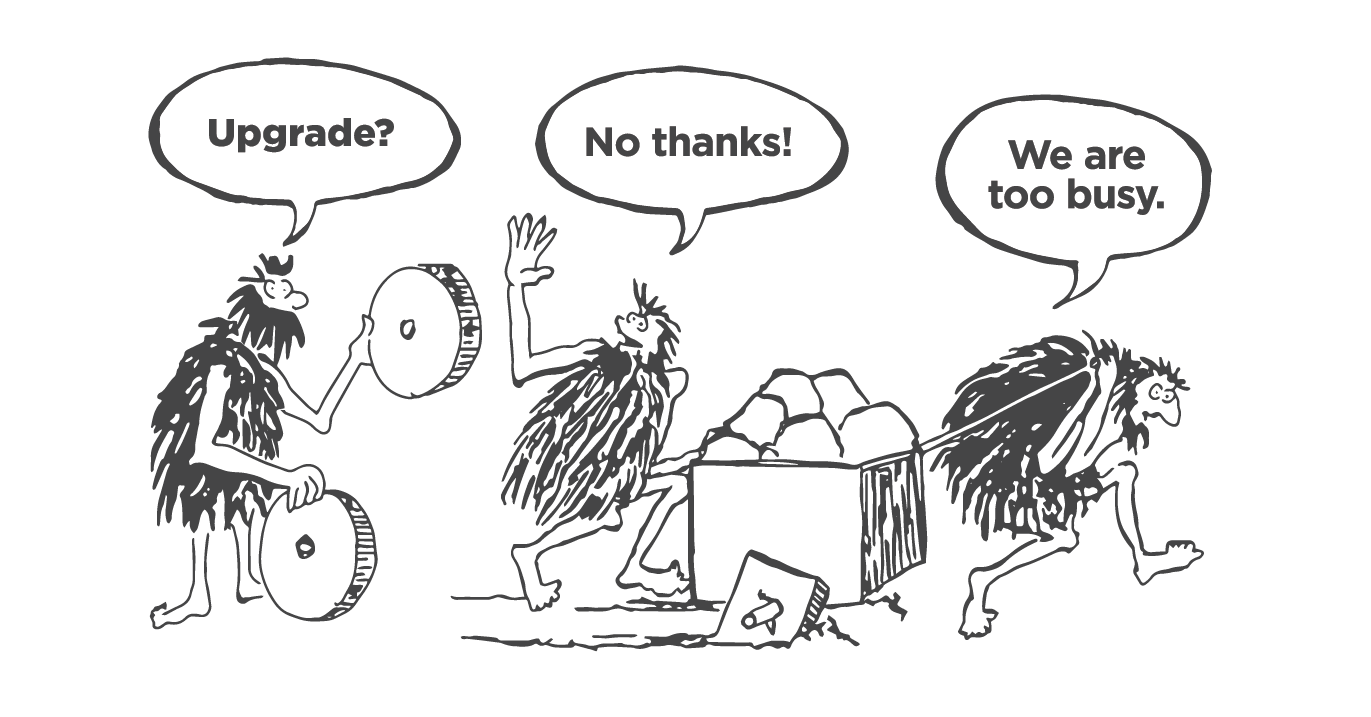
This paper is intended to provide general information about common construction tax deductions for the 2023 tax year and should not be taken as legal or tax advice. We are not affiliated with the Internal Revenue Service (IRS), and the content of this paper should not be interpreted as or substituted for professional legal or tax advice. All readers should consult a qualified professional for any specific tax or legal advice.
As tax-filing season approaches and the fiscal year ends, we created this ultimate guide to help contractors. In this article, you’ll find 20 common construction tax deductions, 7 tips contractors wish they knew, and how your business can start preparing for next year!
Table of Contents
The IRS & Tax day
The Internal Revenue Service (IRS) is the federal agency responsible for collecting taxes. It sets the rules for filing taxes, the due dates for filing various forms, and the types of deductions businesses can claim.
The IRS also enforces the payment of taxes and can impose penalties for failure to file or pay. In addition, the IRS assists taxpayers, including providing resources and guidance on filing taxes.
Monday, April 15th, 2024, is the federal deadline for filing a 2024 federal income tax return, aka Tax Day.
What is a tax deduction
A tax deduction is an expense taxpayers can claim on a tax return to reduce the amount of taxable income. By claiming deductions, taxpayers can reduce their overall tax bill and keep more of their hard-earned money.
Top 20 construction common tax deductions
It is important to note that tax deductions can vary depending on the specific circumstances of each construction business. Here are some standard tax deductions that may apply to your construction business:
- Equipment and tools
- Material costs
- Employee wages and benefits
- Contract labor
- Travel expenses
- Office expenses
- Advertising and marketing cost
- Professional fees
- Licenses and permits
- Insurance premiums
- Depreciation
- Bad debts
- Property and sales taxes
- Repairs and maintenance
- Education and training expenses
- Charitable contributions
- Research and development expenses
- Telephone and internet expenses
- Uniforms and safety gear
- Home office deduction
Hopefully, out of these 20 expenses, you found a few that apply to your business.
*It is recommended to consult with a tax professional to ensure accurate deductions and compliance with tax regulations.
7 tips you need to know
Now that you know what you can deduct, here are some tips to make the tax season less stressful and more profitable in the future:
- Keep detailed records: It is crucial for contractors to keep accurate and detailed records of all their income and expenses throughout the year. This can help ensure they get all the deductions and make tax preparation easier.
- Separate personal and business expenses: Contractors should have separate bank accounts and credit cards for their personal and business expenses. This can help avoid confusion and make tracking and deducting business expenses easier.
- Understand tax laws and regulations: Contractors should stay up-to-date with the latest tax laws and regulations that apply to their business. This can help them avoid penalties and ensure compliance with tax regulations.
- Take advantage of deductions: Contractors should take advantage of all applicable deductions, such as the cost of equipment, materials, and travel expenses. Deductions can significantly reduce the amount of taxes owed.
- Work with a tax professional: Contractors may benefit from working with a tax professional specializing in the construction industry. A tax professional can help ensure accurate deductions, guide tax planning, and assist with tax preparation.
- File on time: Contractors should file their tax returns on time to avoid penalties and interest charges. They can request an extension but must still pay any taxes owed by the original due date.
- Plan for next year: Contractors should use tax season to plan for the following year. They can review their financials, set goals, and change their business practices to optimize their tax situation.
If you’re reading these tips, wondering, How am I supposed to keep track of all this, run a profitable business, and prepare for next year?
Don’t worry. Keep reading to gain insights into how one platform can help you track employee time, boost profits, and prepare your business for next year, today.
How to prepare for next year
The IRS encourages taxpayers to take advantage of all the deductions they are eligible for and to make sure they are appropriately documented. So, is there a better option than printable timesheet templates to help you track and report your expenses?
Luckily, busybusy is a construction time-tracking software designed with features to help contractors accurately report tax deductions. busybusy tracks labor and materials–the, two expenses that make up the majority of what construction companies spend to do business!

Having a cloud-based system makes gathering and reporting timesheets a breeze. Paper time cards can’t keep up, especially regarding how much a business can deduct. busybusy helps contractors protect themselves from reporting false data that is often created when using paper time cards.
BusyPayroll assists business owners in staying compliant with payroll tax requirements and allows for detailed reporting of the tax expenses that can be deducted. Now you can complete your construction payroll in minutes and reduce the risk of human errors with calculations.
Large companies like H&R Block, Liberty Tax, and Turbo Tax are services that help you file your taxes with the information busybusy tracks for you.
IRS tax information for businesses
Find all the tax information, tools, and resources for businesses and self-employed here!
You have options to choose your business type, prepare your taxes, file or pay your taxes, and find information on disaster assistance and emergency relief.
In addition, any expenses related to the construction business (such as travel to job sites, tools purchased, and salaries paid) should be documented and reported.
Forms, Instructions, & Publications from the IRS
Frequently asked questions (FAQs) that construction companies may have when filing taxes:
What’s the deadline to request an extension?
Monday, April 15th, 2024, is also the last day to request an extension.
What expenses can construction companies deduct from their taxes?
Construction companies can deduct various expenses from their taxes, including but not limited to the cost of materials, equipment, labor, rent, and insurance. They can also deduct travel, vehicle, and home office expenses if they work from home.
Are tools tax deductible?
It depends on the situation. Generally speaking, contractors may be able to deduct the cost of certain tools and equipment used in their business. However, please consult with a tax professional to ensure that any deductions taken comply with applicable tax laws.
What tax credits are available to construction companies?
Several tax credits are available to construction companies, including the Research and Development Tax Credit, the Energy-Efficient Commercial Building Tax Deduction, and the Work Opportunity Tax Credit.
Do construction companies need to pay estimated taxes?
Construction companies may need to pay estimated taxes if they expect to owe more than $1,000 for the year. Estimated taxes are typically paid quarterly.
How should construction companies handle payroll taxes?
Construction companies are responsible for withholding and paying payroll taxes for their employees. They must also file quarterly and annual payroll tax forms.
What are the penalties for failing to file or pay taxes on time?
Construction companies may face penalties for failing to file or pay taxes on time. Penalties can include interest charges, late payment fees, and even criminal charges in severe cases.
Should construction companies work with a tax professional?
Working with a tax professional can benefit construction companies, especially if they have complex tax situations or need help handling certain deductions or credits. In addition, a tax professional can guide tax planning, ensure compliance with tax regulations, and help minimize taxes owed.
*Find more information at the IRS official website.
In conclusion
As tax-filing season approaches and the fiscal year ends, contractors must ensure they maximize their deductions and comply with tax regulations. It is important to note that this guide should not be taken as legal or tax advice, and readers should consult a qualified professional for any specific tax or legal advice.
By following the tips provided in this guide and seeking the assistance of a tax professional, contractors can make it through tax season without the headache that usually lingers.











